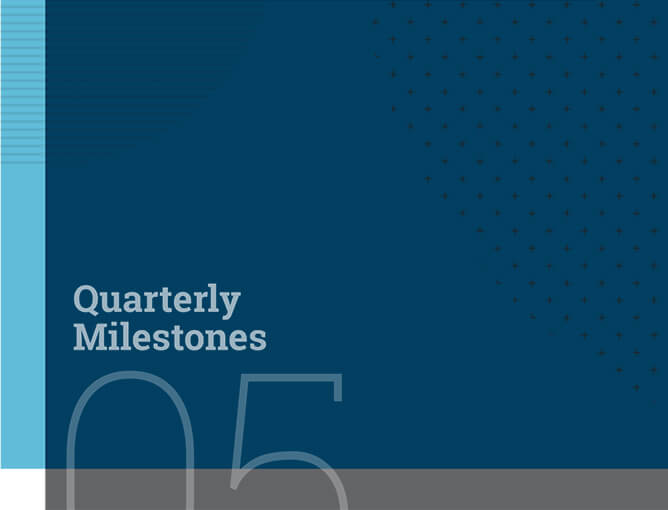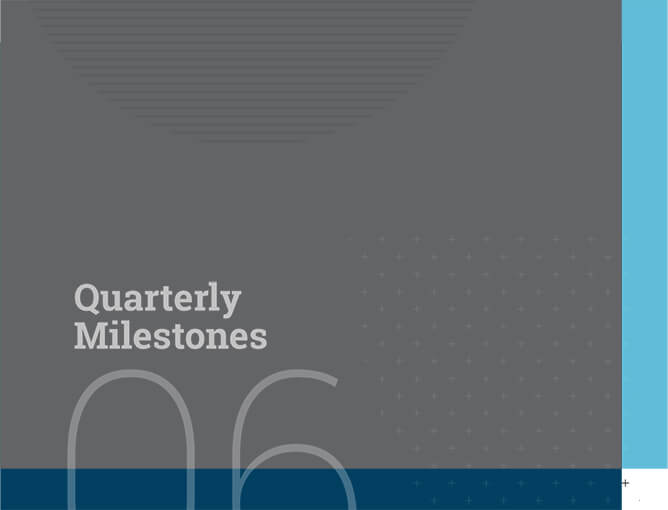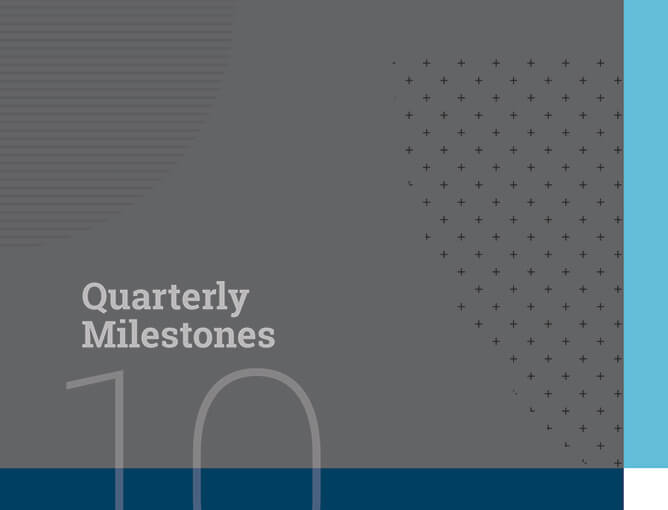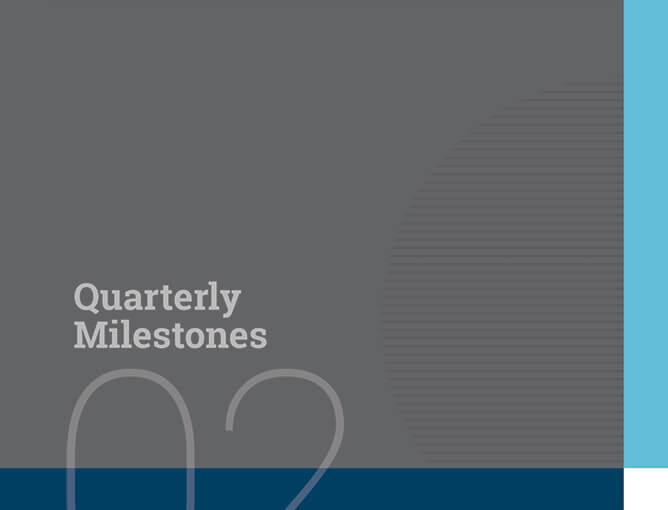
Atul GuptaPartner

Parvathy TharamelCounsel

Tania GuptaAssociate
Key Developments
-
Delhi High Court rules that a victim can raise sexual harassment complaint even if the delinquent employee is from a different office
In Dr Sohail Malik v Union of India & Another, the Delhi High Court observed that nothing under the Sexual Harassment of Women at Workplace (Prevention, Prohibition and Redressal) Act, 2013 (SH Act) limited its scope only to cases in which a woman employee is sexually harassed by another employee working in her own office. Accordingly, delinquent employees employed elsewhere will also fall under the application of the SH Act.
In this case, the complainant (working in a government department) had filed a complaint against an employee of another government department (petitioner in the present case). The petitioner did not appear in the hearing before the internal committee and alleged that the SH Act would apply only in cases in which the woman was sexually harassed by a colleague from her own department. The tribunal rejected this challenge, and the petitioner approached the High Court. The High Court observed that if the petitioner’s submission was accepted, no remedy would be available to a woman employee if an officer of another department perpetrated the harassment. Any interpretation of the SH Act that impeded the achievement of its objectives must be rejected. The Court took the view that the SH Act does not insulate men who sexually harass women in other offices and held that nothing under the SH Act restricted its application to employees of the same office or department.
This ruling should be read in the context of the specific facts involved rather than a binding precedent to be applied as a matter of settled law since the question of who is an “employee” and “employer” - especially in the context of private sector employment - can be different as compared to employment in different government departments.
-
Telangana government renews permission for establishments to remain open 365 days a year
The government of Telangana had permitted all establishments to remain open on all 365 days. This relaxation expired on 16 June 2022. The Telangana government has renewed this permission through a notification dated 15 May 2023 for a further period of three years with the same conditions as applicable before, such as:
- Working hours of employees will be eight hours/day and 48 hours/week;
- Employees will be allowed a weekly holiday;
- Transport arrangements will be made for women employees if they are required to work beyond 8.30 pm;
- Appointment letters will be issued to employees, copies of which will be furnished to the jurisdiction inspector by the employer;
- Provident fund and employees’ state insurance contributions will be made for eligible employees;
- The permission may be cancelled if employees are found to be working beyond the prescribed limits or on weekly holidays.
The permission will be operational for three years, subject to the employer fulfilling all the conditions set out in the notification and complying with welfare provisions under various labour laws. This renewal is in line with prior actions of the Telangana government to ease restrictions on commercial establishments.
-
Maharashtra government exempts female employees earning up to INR 25,000 from depositing professional tax
The Maharashtra government has attempted to incentivise the employment of women by exempting woman employees earning salaries up to INR 25,000 from depositing professional tax (PT).
The Maharashtra State Tax on Professions, Trades, Callings and Employments (Amendment) Act, 2023 (Amendment), notified on 6 April 2023, revises certain provisions of the Maharashtra State Tax on Professions, Trades, Callings and Employments Act, 1975 (PT Act), including the existing schedule of the PT Act. Previously, employers were required to remit PT for all employees earning salaries above INR 10,000. With this amendment, while the slab rates remain the same for male employees, woman employees earning up to INR 25,000 are exempted from depositing PT. The rate of PT for male employees earning more than INR 10,000 and woman employees earning more than INR 25,000 is the same.
-
Chhattisgarh government notifies the Rights of Persons with Disabilities Rules, 2023 to ensure equal opportunity and barrier free access
The government of Chhattisgarh issued the Chhattisgarh Rights of Persons with Disabilities Rules, 2023, on 22 May 2023, setting out the rights and benefits of persons with disabilities. These rules have been notified under the Rights of Persons with Disabilities Act, 2016.
Key provisions of the rules related to the employment of persons with disabilities are:
- The head or in-charge of the organisation must ensure that there is no misuse of the rights of persons with disabilities and that they are not deprived of any benefits under the central statute;
- Persons with disabilities will get equal protection in situations of risk, armed conflict, humanitarian emergencies, natural disasters, etc.;
- The government will set up a state committee for research on disabilities;
- Employers must publish an equal opportunity policy and display it on their website or at a conspicuous place on the premises.
Further, the equal opportunity policies of establishments with more than 20 employees must also include provisions on the various facilities and services available to persons with disabilities and a list of posts available for such individuals. Such establishments must appoint a nodal officer to take care of persons with disabilities and to ensure barrier free access.
In the coming months, we anticipate the passing of the Rajasthan Platform-Based Gig Workers (Registration and Welfare) Bill, 2023. Once passed, this law will be a significant step towards protecting the rights of gig workers and will be a precedent to encourage other states to follow suit.













